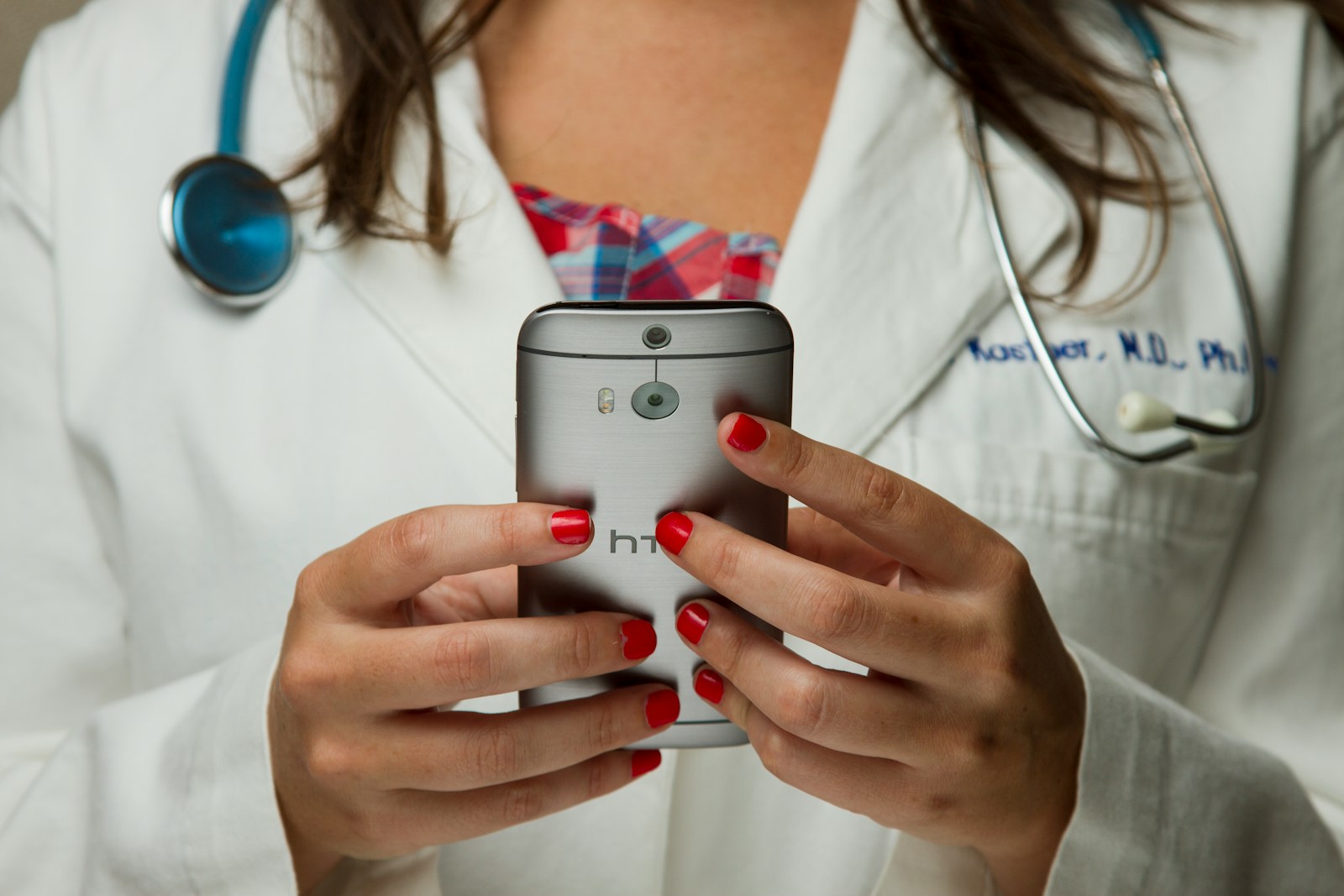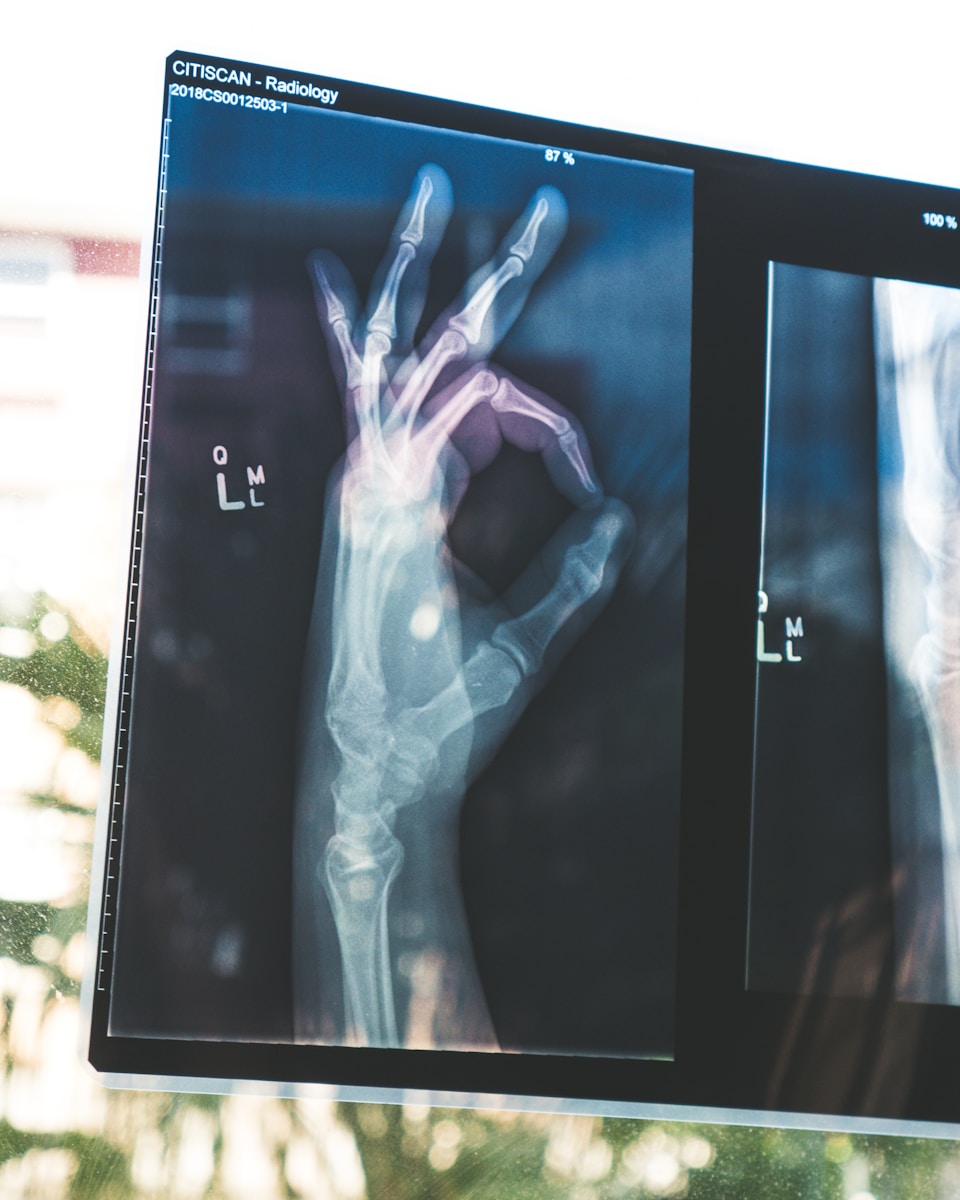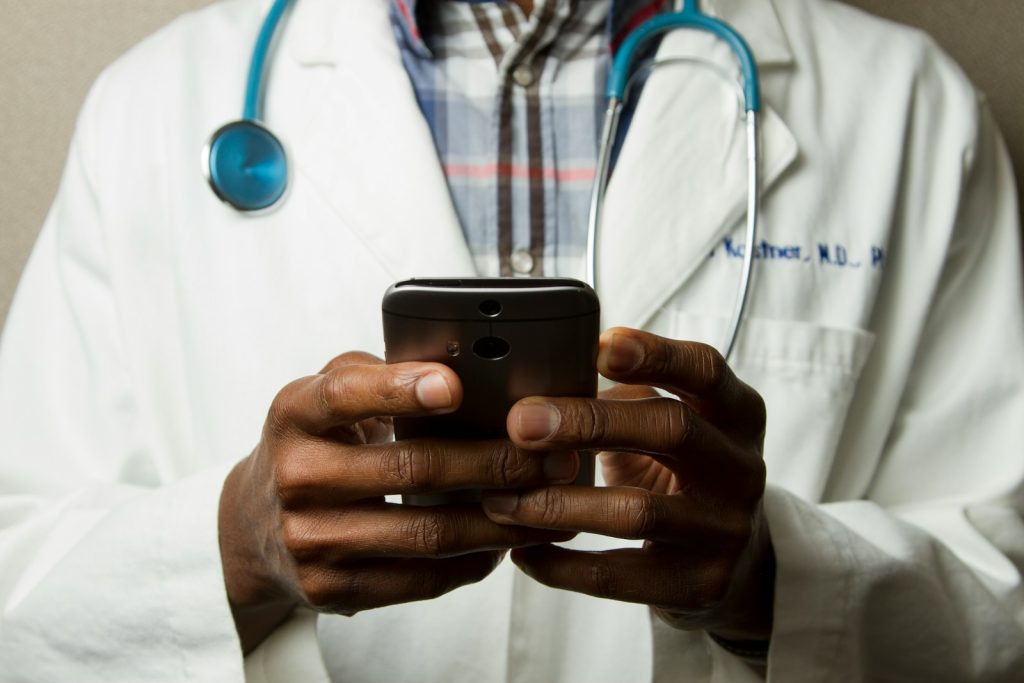Table of Contents
How to Make Payments Easier in Healthcare With Your Smartphone
Mobile payments have revolutionized the way we handle financial transactions, making it easier and more convenient to pay for goods and services. While the benefits of mobile payments are well-known in the retail and e-commerce sectors, their impact on healthcare billing processes is often overlooked. In this article, we will explore seven ways mobile payments improve healthcare billing processes, providing valuable insights into how this technology can streamline and enhance the patient experience.
1. Increased Convenience for Patients
One of the primary advantages of mobile payments in healthcare billing is the increased convenience it offers to patients. Traditionally, patients had to deal with the hassle of paper bills, writing checks, and mailing payments. With mobile payments, patients can easily make payments using their smartphones or other mobile devices, eliminating the need for paper checks and postage. This not only saves time but also reduces the risk of errors and delays in payment processing.
For example, a recent study found that 70% of patients prefer to pay their medical bills online, with 40% of them specifically preferring mobile payment options. By offering mobile payment solutions, healthcare providers can cater to the preferences of their patients and provide a more convenient billing experience.
2. Faster Payment Processing

Mobile payments enable faster payment processing, benefiting both patients and healthcare providers. With traditional payment methods, it can take days or even weeks for a payment to be processed and reflected in the patient's account. This delay can lead to confusion and frustration for patients, as well as potential cash flow issues for healthcare providers.
By implementing mobile payment solutions, healthcare providers can significantly reduce the time it takes to process payments. Mobile payments are typically processed in real-time or within a few hours, allowing for immediate updates to the patient's account. This not only improves the accuracy of billing records but also ensures that patients have an up-to-date view of their financial obligations.
3. Enhanced Security and Privacy
Security and privacy are critical considerations in healthcare billing processes. Mobile payments offer enhanced security features that protect sensitive patient information and reduce the risk of fraud. For example, many mobile payment platforms utilize encryption technology to secure payment data, making it virtually impossible for unauthorized individuals to access or intercept the information.
In addition to encryption, mobile payments often require additional authentication methods, such as fingerprint or facial recognition, to authorize transactions. These added layers of security provide peace of mind to patients, knowing that their payment information is protected.
4. Improved Accuracy in Billing

Manual billing processes are prone to errors, leading to incorrect charges and billing discrepancies. Mobile payments eliminate the need for manual data entry, reducing the risk of human error and improving the accuracy of billing records.
By integrating mobile payment solutions with electronic health record (EHR) systems, healthcare providers can automate the billing process and ensure that charges are accurately recorded and billed to the correct patient. This not only saves time but also reduces the administrative burden on healthcare staff, allowing them to focus on more critical tasks.
5. Increased Transparency for Patients
Mobile payments provide patients with increased transparency and visibility into their healthcare expenses. With traditional billing methods, patients often receive a paper bill without detailed information about the services rendered or the associated costs. This lack of transparency can lead to confusion and frustration.
By leveraging mobile payment solutions, healthcare providers can provide patients with itemized bills that clearly outline the services provided, the associated costs, and any insurance coverage or discounts applied. This level of transparency empowers patients to make informed decisions about their healthcare expenses and reduces the likelihood of billing disputes.
6. Streamlined Insurance Claims Process
Mobile payments can streamline the insurance claims process, benefiting both patients and healthcare providers. Traditionally, submitting insurance claims involved manual paperwork and lengthy processing times. This often resulted in delays in reimbursement and increased administrative costs for healthcare providers.
With mobile payment solutions, healthcare providers can integrate insurance eligibility verification and claims submission directly into the payment process. This automation reduces the administrative burden on staff and accelerates the reimbursement process. Patients also benefit from faster claim processing, as they can receive updates on the status of their claims in real-time.
7. Improved Patient Satisfaction

Ultimately, the implementation of mobile payments in healthcare billing processes leads to improved patient satisfaction. By offering a convenient, secure, and transparent billing experience, healthcare providers can enhance the overall patient experience and build stronger patient-provider relationships.
A study conducted by McKinsey & Company found that patients who had a positive billing experience were more likely to recommend their healthcare provider to others and have a higher level of trust in the organization. Mobile payments play a significant role in creating a positive billing experience, contributing to higher patient satisfaction levels.
Conclusion: Do Mobiles Facilitate Healthcare Payments? Yes!
Mobile payments have the potential to revolutionize healthcare billing processes, offering increased convenience, faster payment processing, enhanced security, improved accuracy, increased transparency, streamlined insurance claims, and improved patient satisfaction. By leveraging mobile payment solutions, healthcare providers can streamline their billing processes, reduce administrative burdens, and provide a more seamless and satisfying experience for their patients.
As the healthcare industry continues to embrace digital transformation, mobile payments will play an increasingly important role in improving the efficiency and effectiveness of healthcare billing. By adopting mobile payment solutions, healthcare providers can stay ahead of the curve and deliver a superior billing experience that meets the evolving needs and expectations of their patients.

